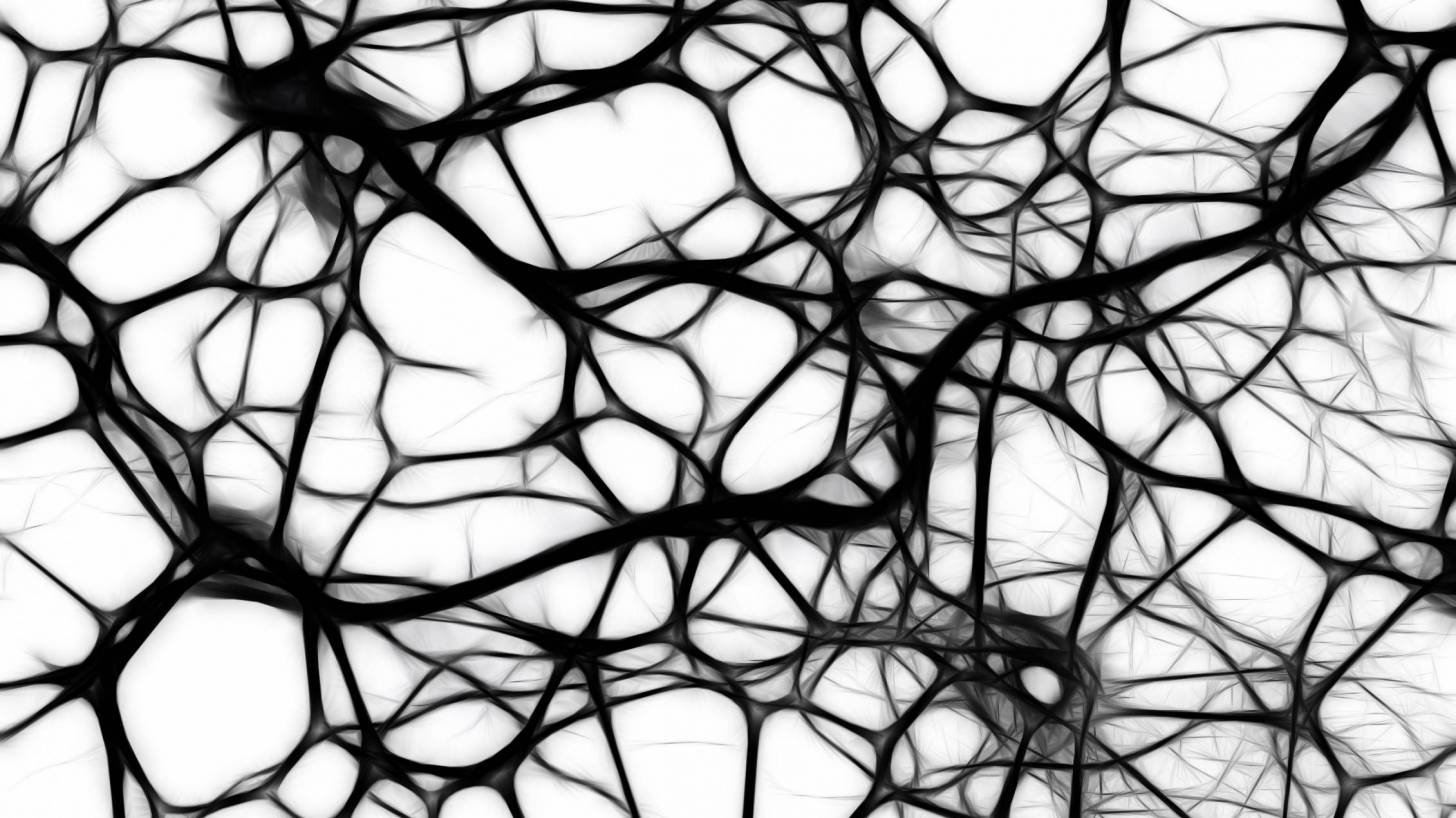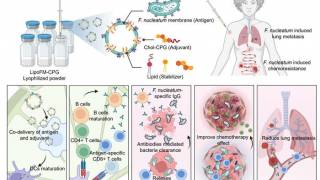Brain Metastasis From Melanoma Could Be ‘Blocked’

A recent Tel Aviv University (TAU) study found that melanoma brain metastasis occurs when tumor cells "hijack" an inflammatory pathway in the brain.
These TAU researchers believe blocking this pathway could prevent these metastases from developing.
Significantly, when the researchers used genetic tools to inhibit the expression of the receptor on melanoma cells, they successfully blocked the ability of tumor cells to respond to astrocyte signaling, and the development of brain metastases was significantly inhibited.
After the initial research was performed in a pre-clinical mouse model, the scientists validated their results in the brain metastases of patients who had undergone brain surgery, finding that astrocytes express the same inflammatory factor (CXCL10), and that the tumor cells express the same receptor (CXCR3) as the mouse model.
This suggests that the identical mechanism is operative in humans.
"Our findings suggest that blocking this signaling pathway may prevent brain metastasis," concludes Prof. Erez.
"The CXCL10-CXCR3 axis may be a potential therapeutic target for the prevention of melanoma brain metastasis."
This is important news since brain metastases are among the deadliest tumor metastases, with a median survival period of less than one year, and the incidence of brain metastasis is rising.
Prof. Neta Erez of the Department of Pathology at TAU's Sackler Faculty of Medicine, the lead author of the study, said in a related August 19, 2019, press release, “Understanding how and why brain metastasis occurs is an urgent challenge facing cancer researchers today."
These scientists utilized a mouse model of spontaneous melanoma brain metastasis to study the interactions of melanoma tumors within the brain microenvironment.
They discovered that melanoma brain metastasis is facilitated by the takeover of a physiological inflammatory pathway by astrocytes, the brain cells that maintain a protected environment in the brain.
In addition, astrocytes respond to tissue damage in the brain by instigating an inflammatory and tissue repair response to contain the damage, secreting inflammatory factors that recruit immune cells.
"We discovered that tumor cells recruit these inflammatory factors to hijack their way to the brain," says Prof. Erez.
"We identified a specific factor that mediates their attraction to the brain and showed that brain metastasizing melanoma cells express the receptor for the inflammatory factor, which is how they respond to this signal."
The researchers are currently investigating the trigger that instigates inflammation in the brain, which promotes metastasis. No conflicts of interest were disclosed.
Tel Aviv University is recognized and celebrated internationally for creating an innovative, entrepreneurial culture on campus that generates inventions, startups and economic development in Israel. To date, 2,500 US patents have been filed by Tel Aviv University researchers -- ranking TAU #66 in the world.
Cancer news published by Vax-Before-Cancer
Our Trust Standards: Medical Advisory Committee

























